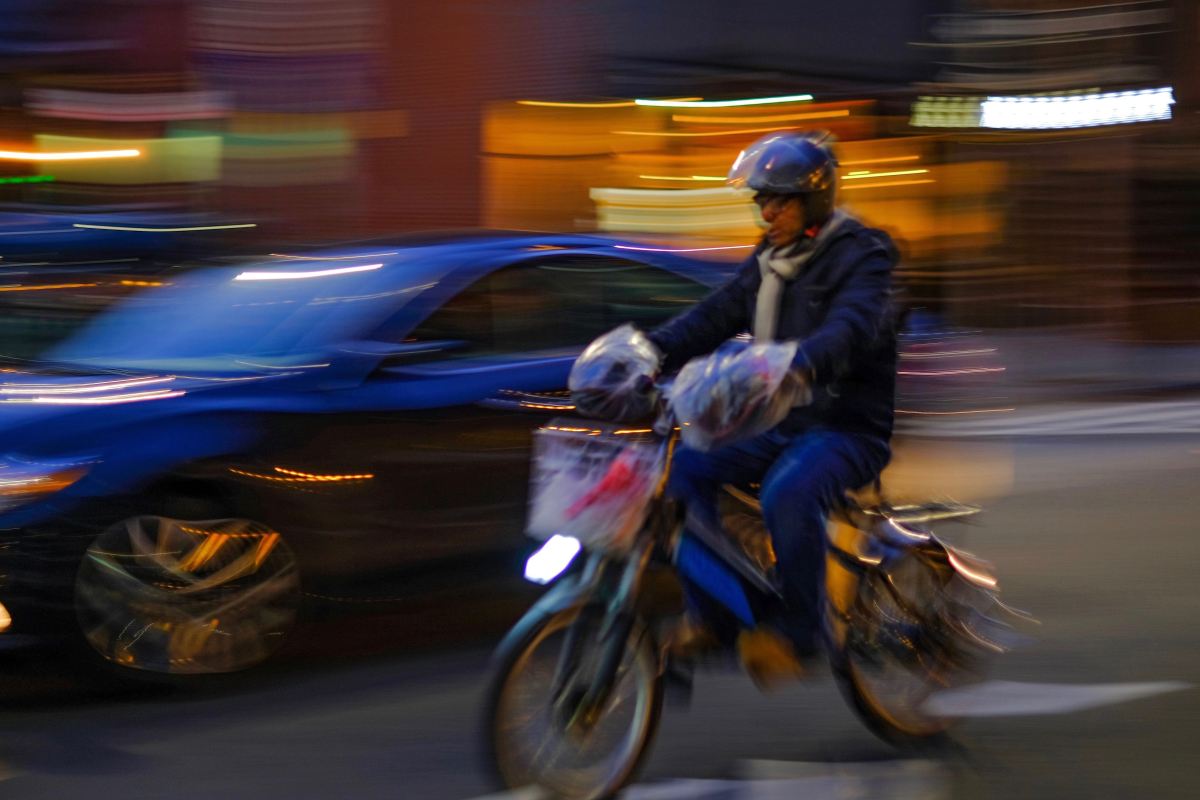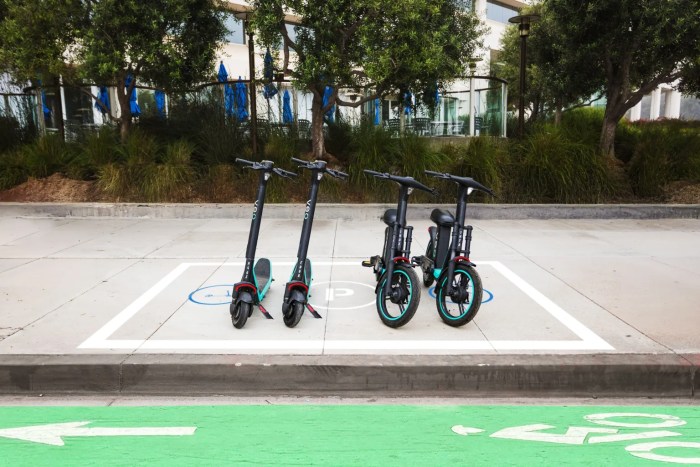Governor Andrew Cuomo on Thursday vetoed a bill that would have paved the way for the legalization of e-scooters and e-bikes in New York.
The legislation, passed in Albany earlier this year with widespread support, would have in part instituted three different classes of electronically assisted bicycles across the state–effectively ending the de Blasio administration’s crackdown against the bicycles, which are commonly used among low-wage, immigrant food delivery workers in the city.
Cuomo in his veto message said the bill was “fatally flawed” and cited the legislation’s lack of a helmet requirement in his stance.
“The proposal contained a number of safety measures, including a lower speed limit, restrictions on where such e-bikes and e-scooters could be operated, a prohibition against operating while impaired by drugs or alcohol, a helmet requirement, mandatory front and rear lights, and a mandatory bell on each mode of conveyance,” Cuomo’s veto message read. “The Legislature’s proposal inexplicably omitted several of the safety measures included in the budget proposal. Failure to include these basic measures renders this legislation fatally flawed.”
Cuomo noted a recent incident in which a 16-year-old in Elizabeth, N.J. was struck and killed while riding a Lime scooter. The scooter rider was hit by a turning tow truck, according to news reports.
The version of the bill introduced by state Senator Jessica Ramos passed in the State Senate with a staggering majority of 56 votes in favor and only six in the negative. Supporters and advocates believed the legislation would have opened New Yorkers to new, energy-efficient alternatives to cars–while also providing relief to workers in the city.
Assemblywoman Nily Rozic the sponsor of the bill who hoped to bring better transit options to her eastern Queens district which has few transit options.
“For the past several months I have worked with a broad coalition to pass legislation that would deliver economic justice for thousands of delivery workers across New York City, and bring safe, viable options to transit deserts across the state,” Rozic said. “Our bill passed with overwhelming bipartisan support, encouraged by New York City Council Members and the New York Conference of Mayors, and championed by transit, immigrant, and environmental advocates seeking long-overdue clarity in the law.”
At a Queens press conference in May, Marco Conner, deputy director with Transportation Alternatives, called the mayor’s policy against e-bikes a “draconian” hypocrisy that allows the police to harass the city’s poorest immigrants.
Cuomo is expected to revisit a path toward legalization next year, writing he “looked forward to continuing the discussion.”
“E-bikes and e-scooters carry the potential to be a useful tool in changing the way we travel and reducing greenhouse gas emissions,” he wrote. “They do, however, carry significant safety concerns.”
Lime, a scooter-sharing company, remained hopeful that new legislation would pass next year.
“While it’s disappointing that this important bill will not become law this year, we’re hopeful that the administration will work swiftly with legislative leaders to improve mobility for all New Yorkers early in the New Year,” Phil Jones, Senior Government Relations Director at Lime, said. “Governor Cuomo has been a strong advocate for innovative and sustainable mobility options, and in the upcoming session, he should make New York a national leader for alternative transportation.”
Advocates and city officials have warned that while helmets should be encouraged, mandating their use could stifle ridership.
“There is a creative tension of, in cities where…adults [are] required to wear cycling helmets, cycling goes down — particularly for things like Citi Bike,” said Polly Trottenberg, the city’s transportation commissioner, at a City Council hearing earlier this year.
































